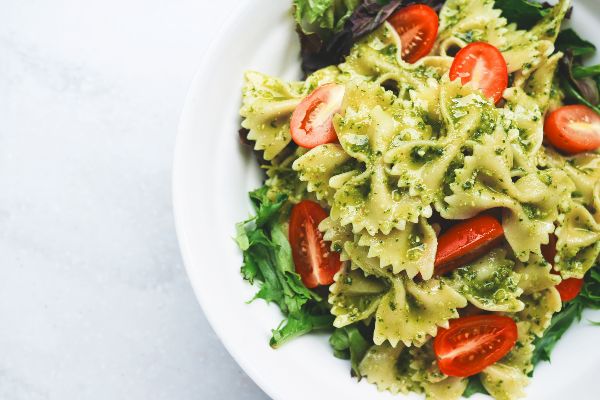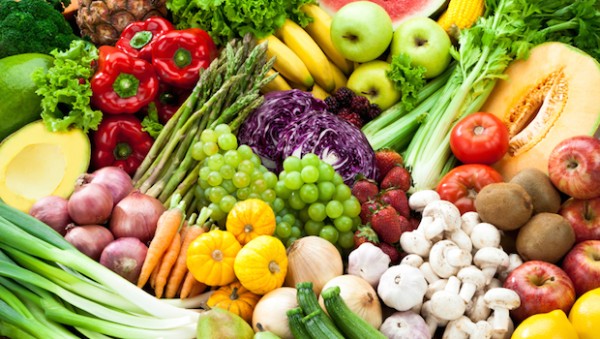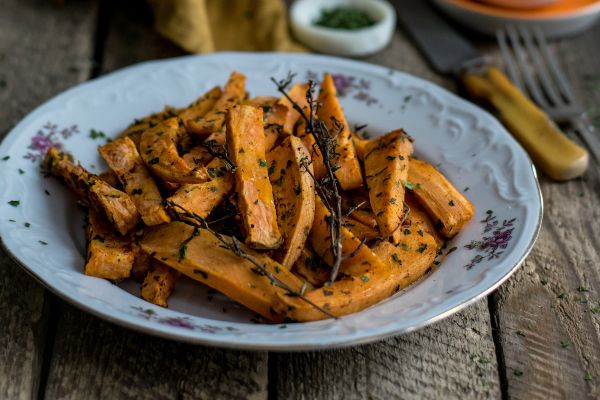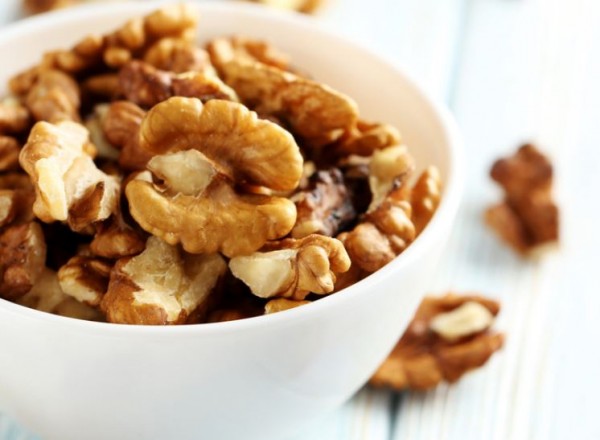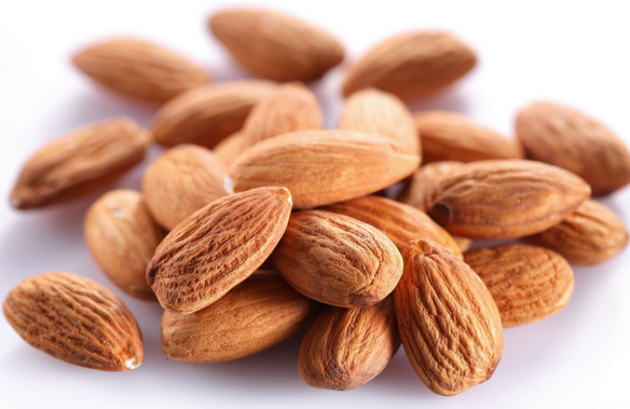How many times have you heard someone say, "sorry I can't, I'm on a low carb diet." – cue a serious eye-roll.
Hands up for the many times you've heard a family member, friend or co-worker say they're following an Atkins or Keto diet.
There is no denying that cutting carbs is a popular way to lose weight and to be fair, the majority of us have given it a go.
However, new research has provided us a reason to embrace the bagel, because scientists have found cutting carbs is shortening our lives.
Yes, you're miserable and you're actually doing more harm than good by avoiding your mum's potatoes.
The study published in the Lancet Public Health journal investigated the link between carbohydrate intake and mortality.
The research followed 15,400 Americans over 25 years and showed that a moderate cut in carbohydrates is much healthier than a dramatic one.
The scientists collected data from participants' questionnaires which included portion size, and the food and drink they consumed.
They then went onto estimate how many calories each person obtained from carbs, protein and fat.
However, before you raid the bread bin, moderation is key.
The study suggests that a diet both high and low in carbohydrates are associated with increased mortality.
Those who ate a moderate amount, which means 50–55 percent of their diet came from carbs, lived longer than those who followed high and low carb diets.
Scientists predicted that those in the moderate group had an extra four years of life on those who adopted an extra low-carb diet (less than 30 percent of their energy came from carbs.)
Compared to the low-carb group, moderate carb eaters were expected to enjoy a further 2.3 years of living (30-40 percent coming from carbs.)
And, as for the high-carb bunnies – those who got 65 percent or more of their energy from carbs, would live 1.1 years less than the moderate group.
It's time to bin the Atkins book – the study also showed that plant-based protein and fat is a healthier swap for carbs, than animal-based products.
Their findings discovered that the risk of death increased when carbs were exchanged for "animal-derived fat or protein" and the risk decreased when it was substituted with plant-based foods.
Leading the research, Dr Sara Seidelmann, clinical and research fellow in cardiovascular medicine from Brigham and Women's Hospital in Boston, told the BBC:
"Low-carb diets that replace carbohydrates with protein or fat are gaining widespread popularity as a health and weight-loss strategy.
"However, our data suggests that animal-based low carbohydrate diets, which are prevalent in North America and Europe, might be associated with shorter overall life span and should be discouraged.
"Instead, if one chooses to follow a low carbohydrate diet, then exchanging carbohydrates for more plant-based fats and proteins might actually promote healthy ageing in the long term."
If this research is anything to go by, carbs are your friend and not your enemy.
Moderation and balance diets seem to always rule out.
However, if you are changing up your diet – make sure you talk to your doctor before you do.
Now I'm off to indulge in some pasta!















